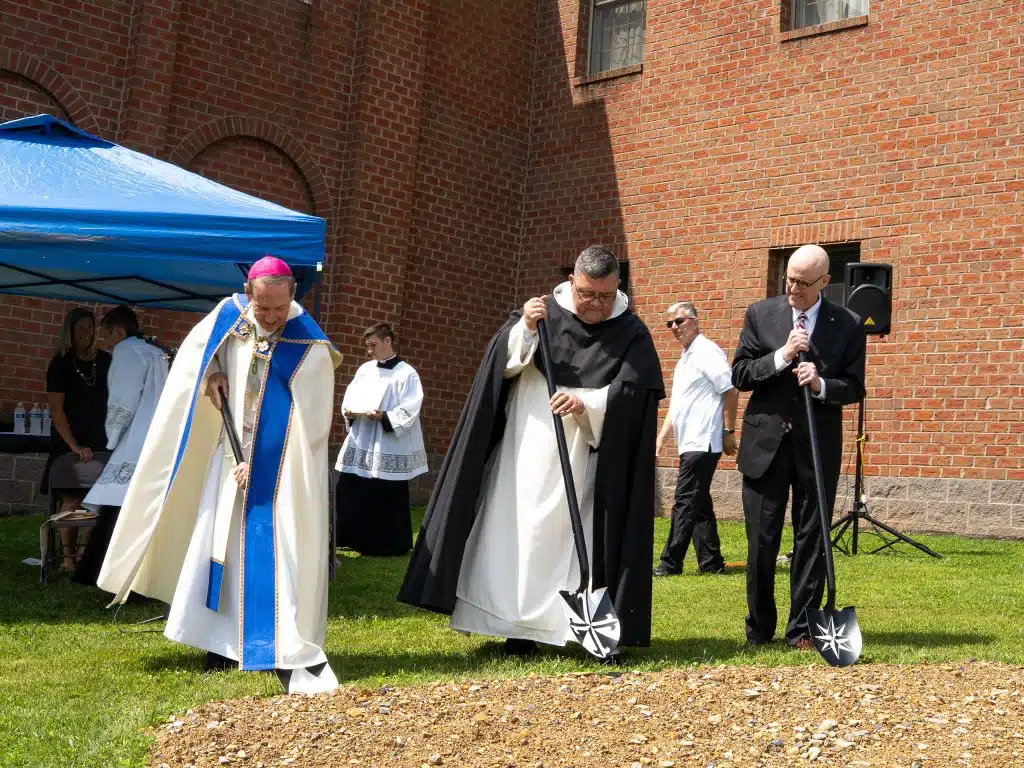Parents will need to provide written permission if their child wants to go by a new name or pronoun in school, according to a newly proposed Virginia Department of Education policy. The guidance would reverse a policy that can leave parents uninformed if their child chooses to identify as transgender in the classroom. It stated, “If a student is not ready or able to safely share with their family about their gender identity, this should be respected. There are no regulations requiring school staff to notify a parent or guardian of a student’s request to affirm their gender identity.”
“The governor’s policy restores parental rights that the previous policy pretty much disregarded,” said Bishop Michael F. Burbidge on “The Walk Humbly Podcast” Sept. 28. “(It) also includes protections for students and teachers who believe what we believe about sexuality and the nature of the human person.
“I think the major point that Gov. Youngkin makes is that children are not property of the state, they are members of a family,” he continued. “Parents, of course, are the primary caregivers and protectors of their children. And so any policy that deliberately takes parents out of this very sensitive, crucial issue needs to be disregarded.”
Ruth Lagera, a parishioner of St. Philip Church in Falls Church and a public school parent, agreed with the new policy. “As a parent, I know what is best for my children and we have the right to make decisions with respect and (in) line with our values and beliefs,” she said. “We are our children’s No. 1 teacher, protector, caretaker, counselor and supporter. Any decisions made by our children in school, we need to be aware of and we must work closely and collaboratively with them, especially with these very sensitive and crucial issues.”
Last year, Bishop Burbidge released a catechetical resource on gender ideology, which explains church teaching on the complex topic. “A person who identifies as transgender may experience troubling feelings, confusion, or a mistaken belief that he or she is or can ‘become’ someone different. The Church does not teach that people who experience gender dysphoria or confusion are immoral or bad,” it states. “At the same time, a person who deliberately rejects his or her given identity or the sexed body and seeks harmful medical or surgical interventions is pursuing a path that is objectively wrong and harmful on many levels.”
Currently, there is a 30-day online comment period for the education policy change that ends Oct. 26. After the comment period closes, the Department of Education has the option to confirm or delay the proposed policies Oct. 27. Tens of thousands of comments have been entered and Bishop Burbidge is encouraging people to enter a comment of support. “I would hope that people who share our beliefs and convictions about the dignity of the human person, that God created us uniquely as male or as female and we are under his protective care, will certainly affirm what this policy is stating — that the parents cannot be excluded from this decision.”



